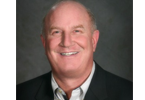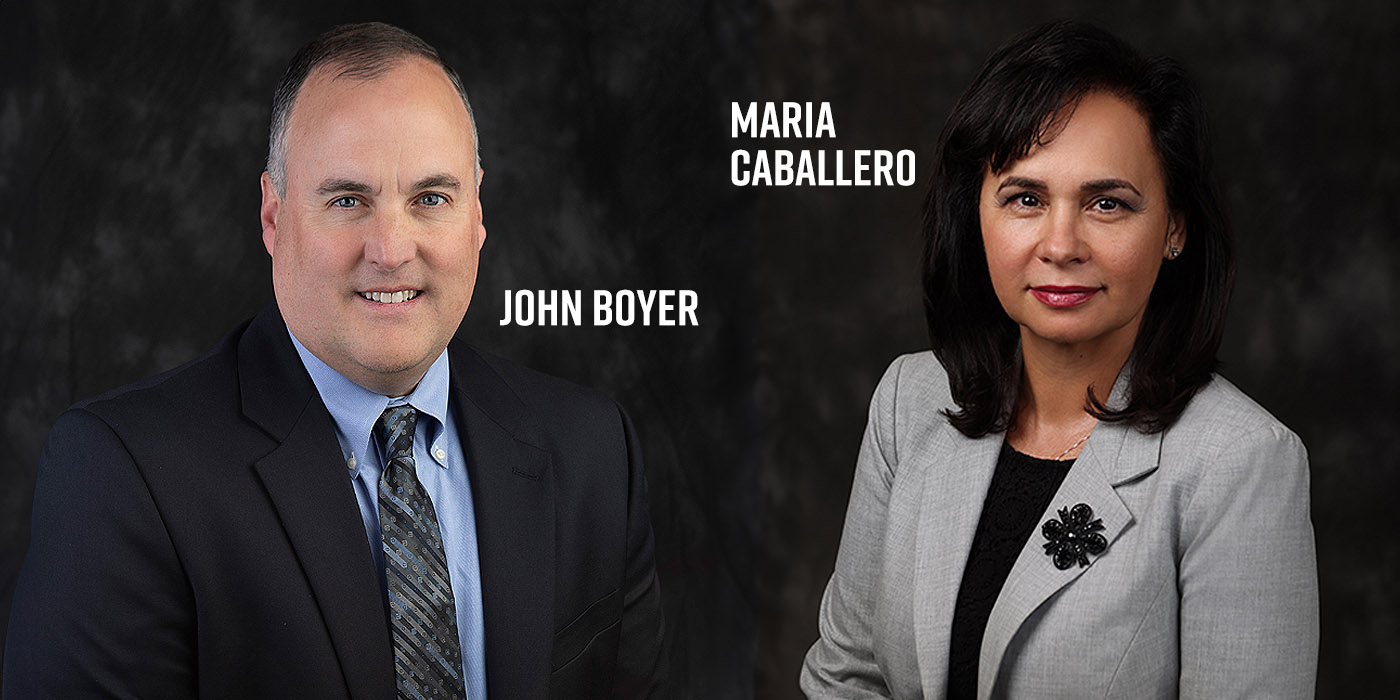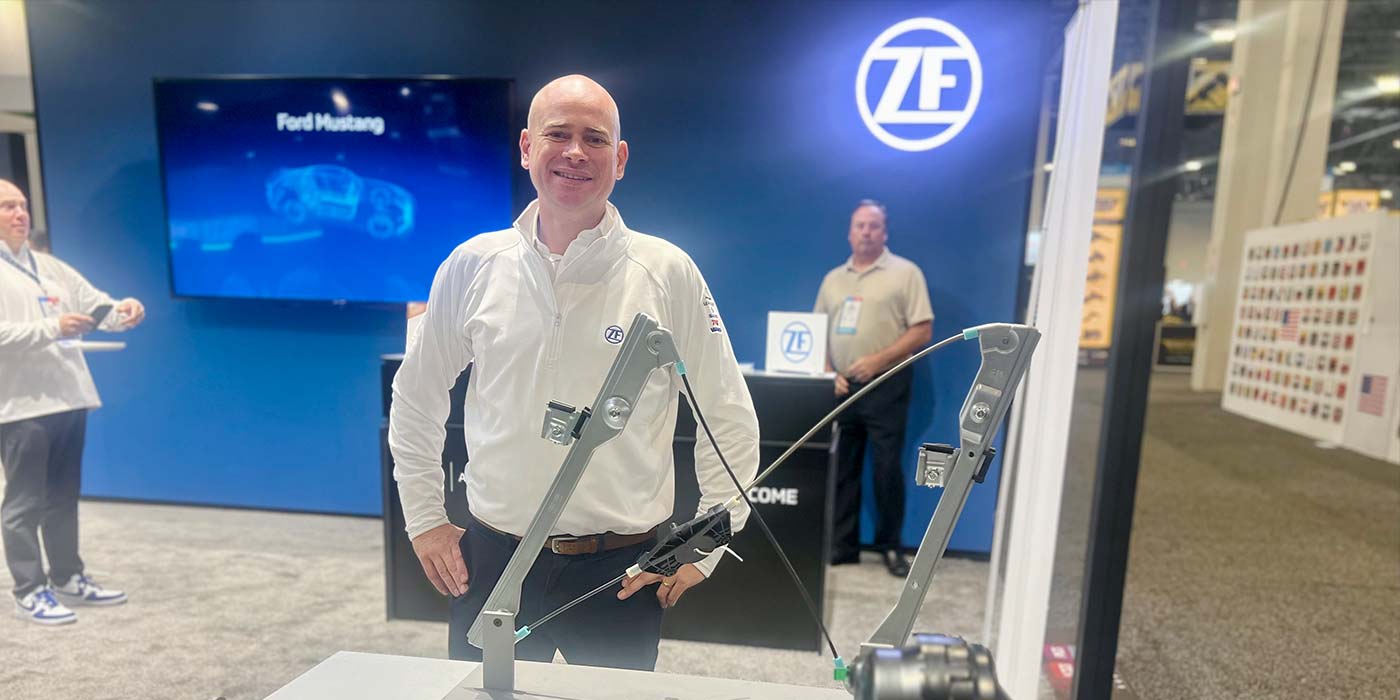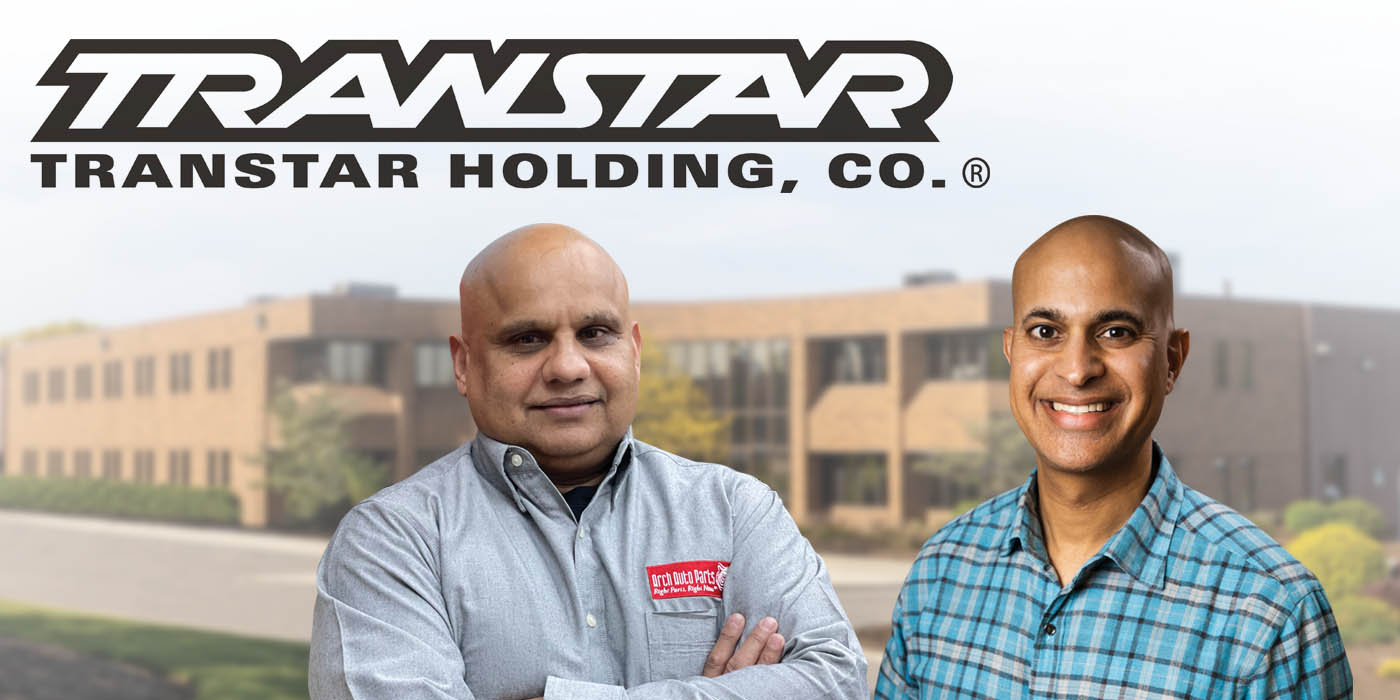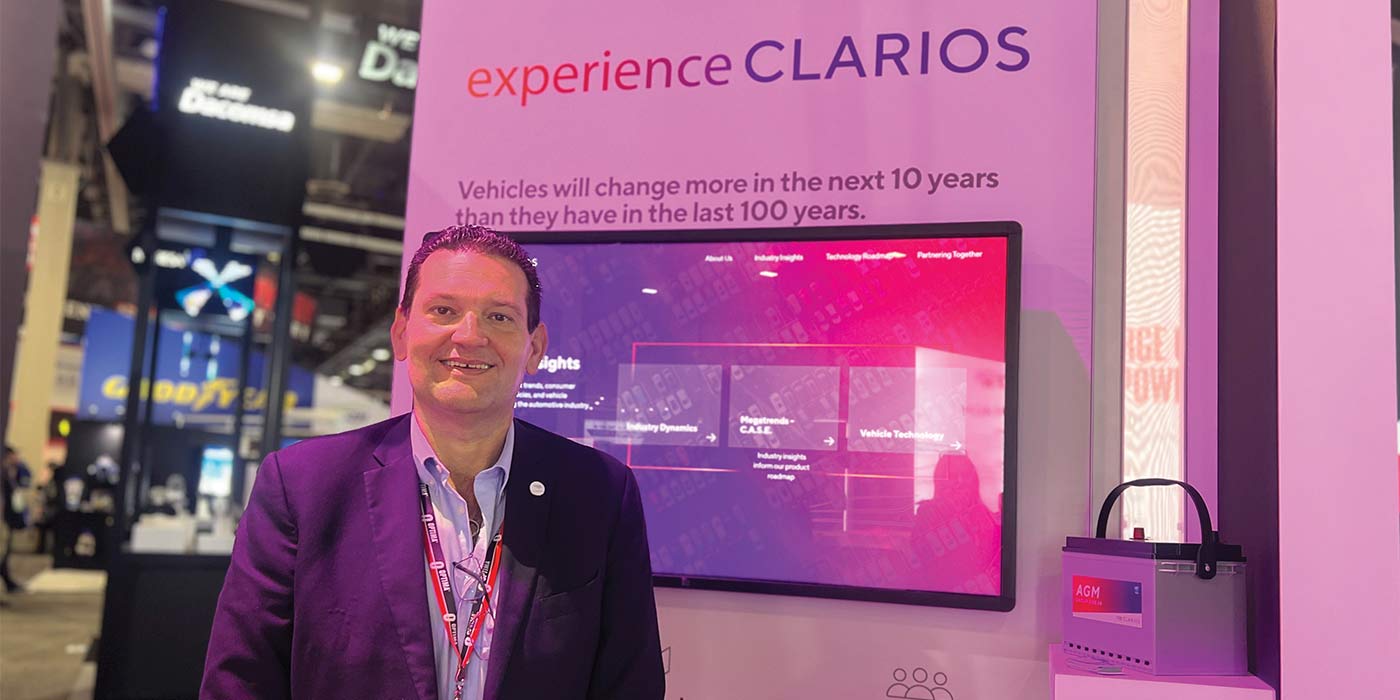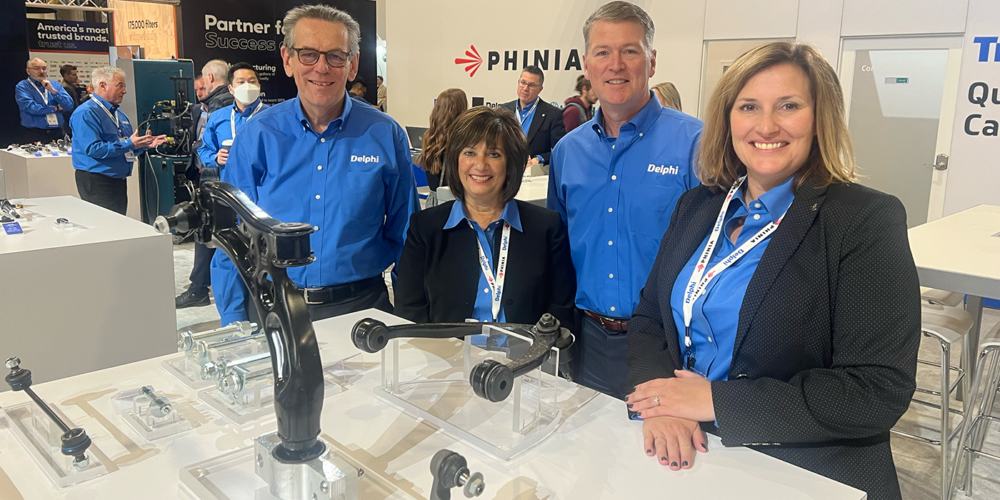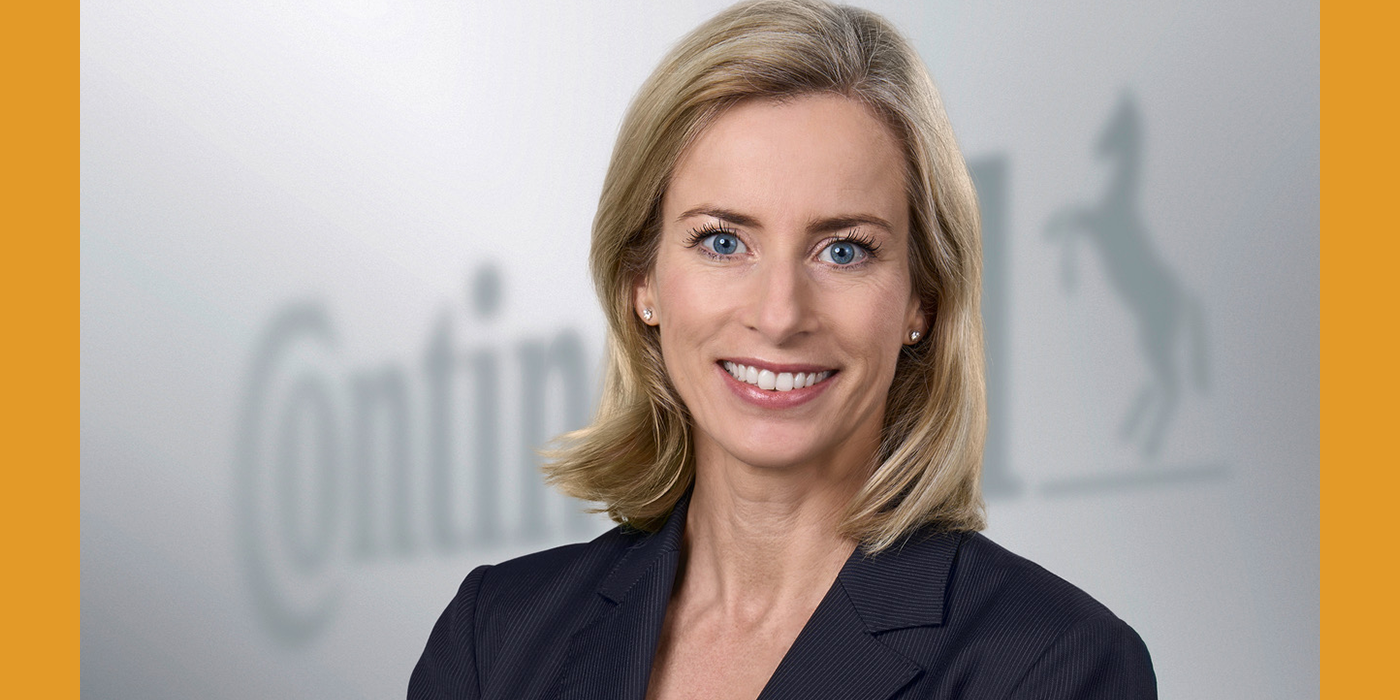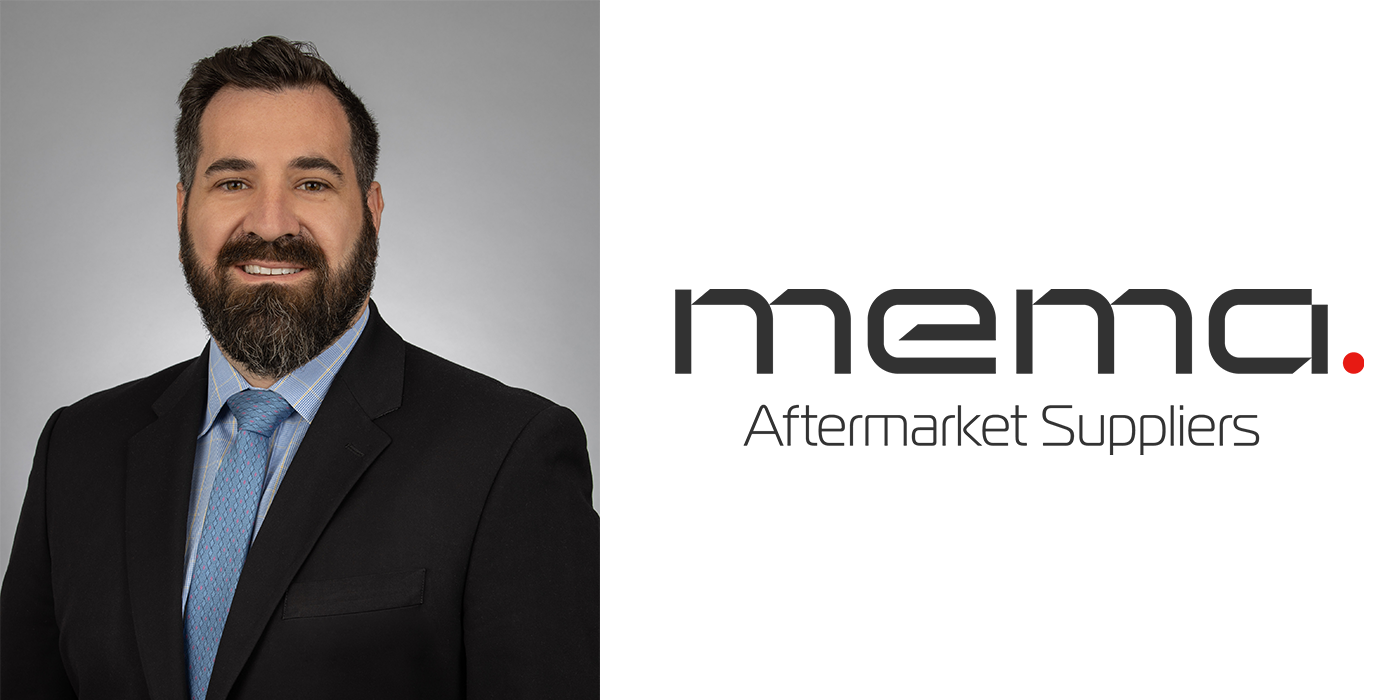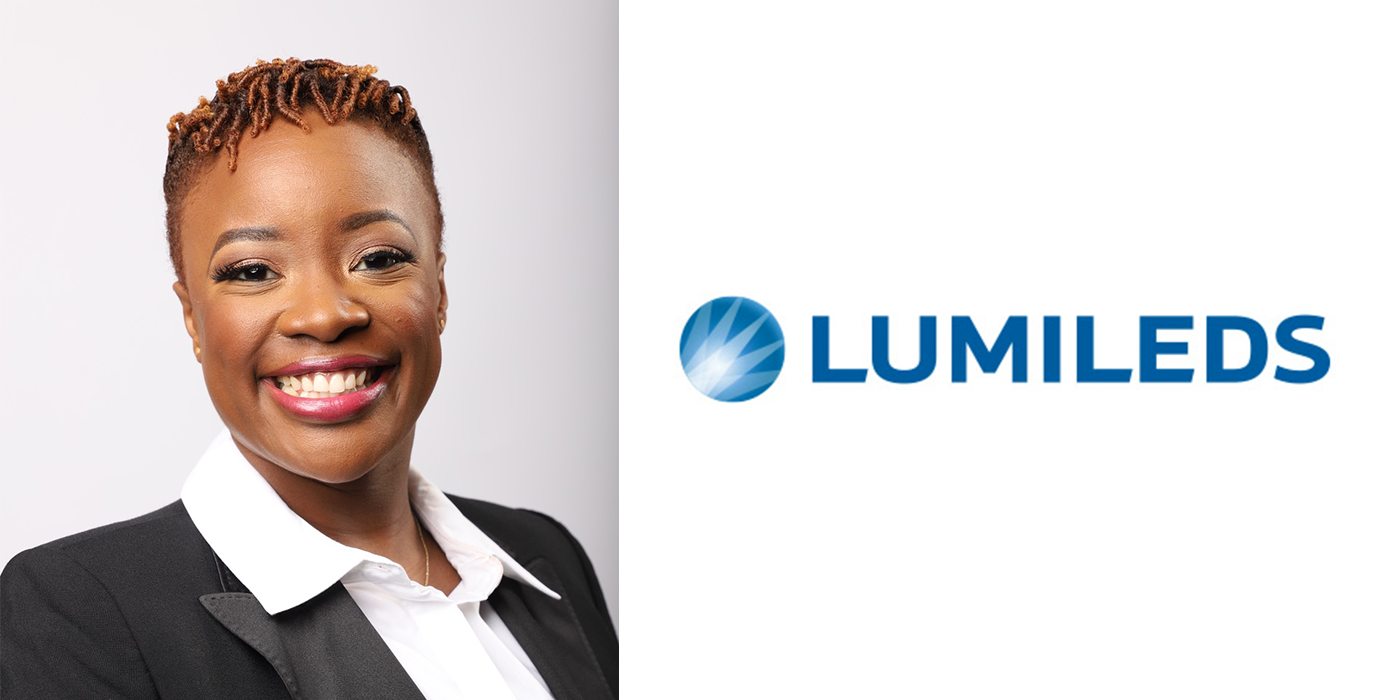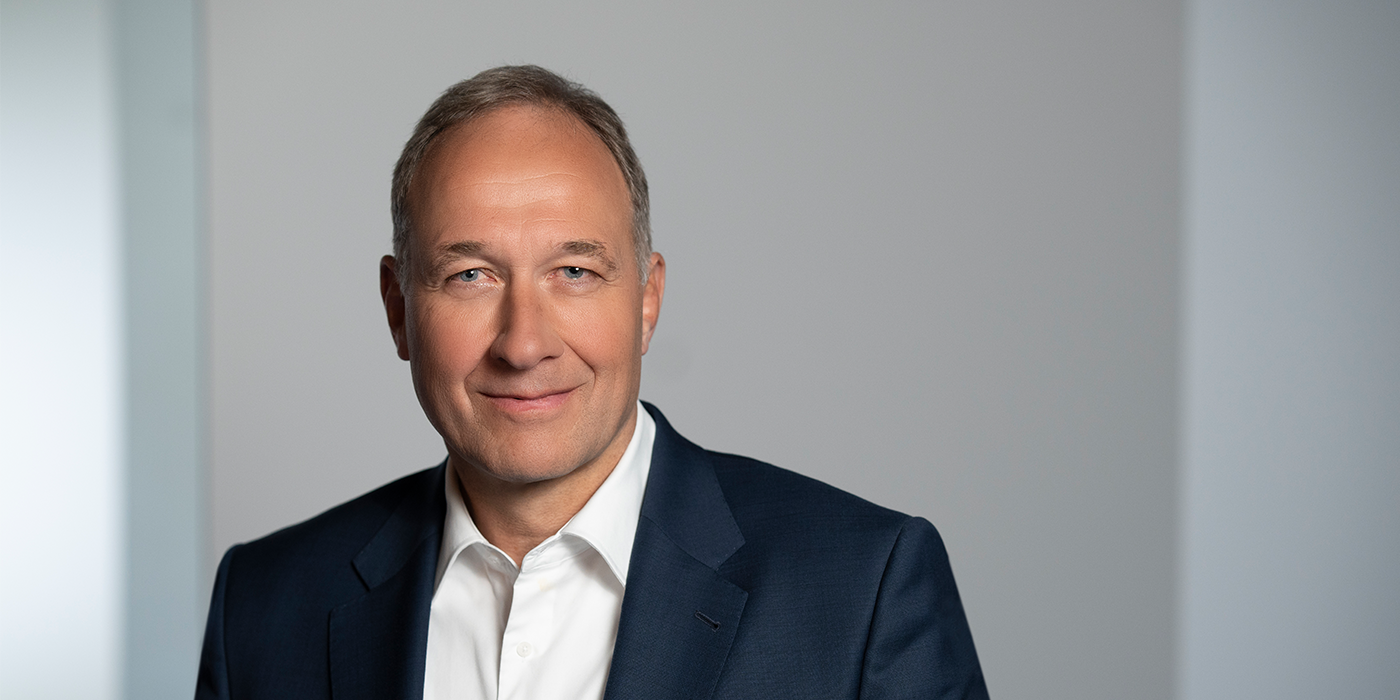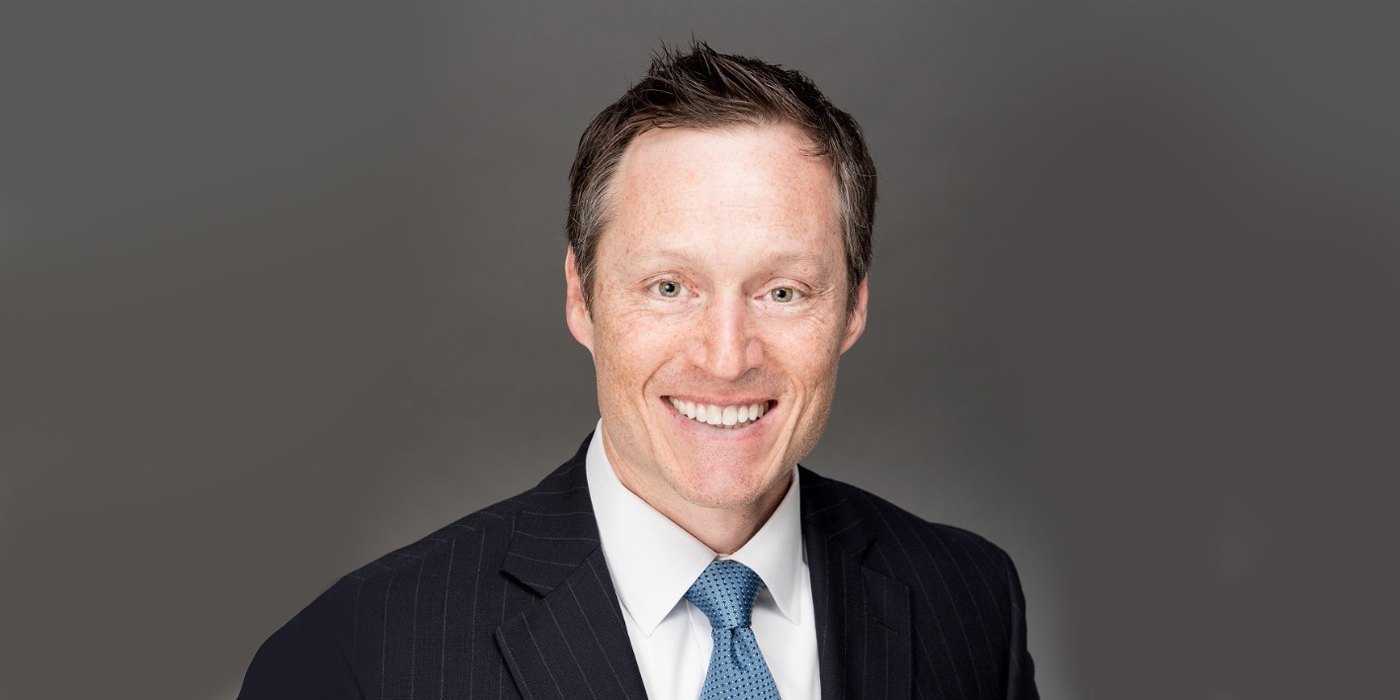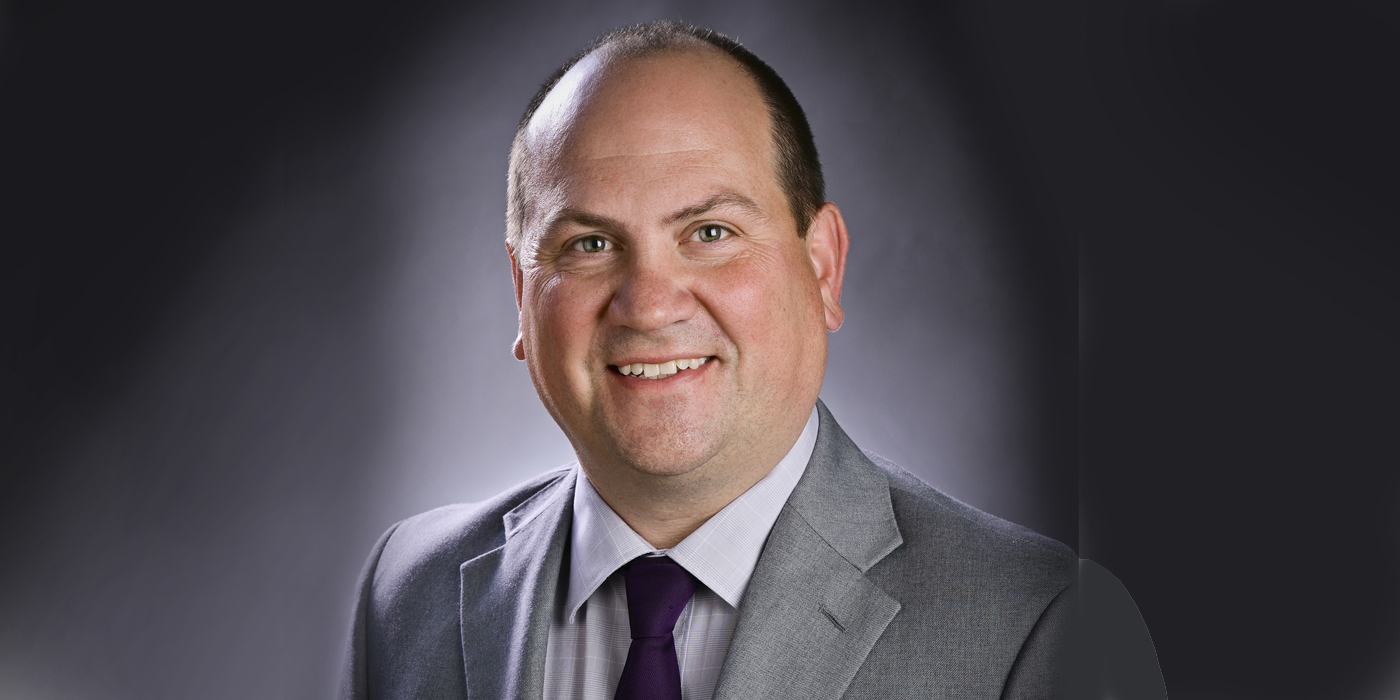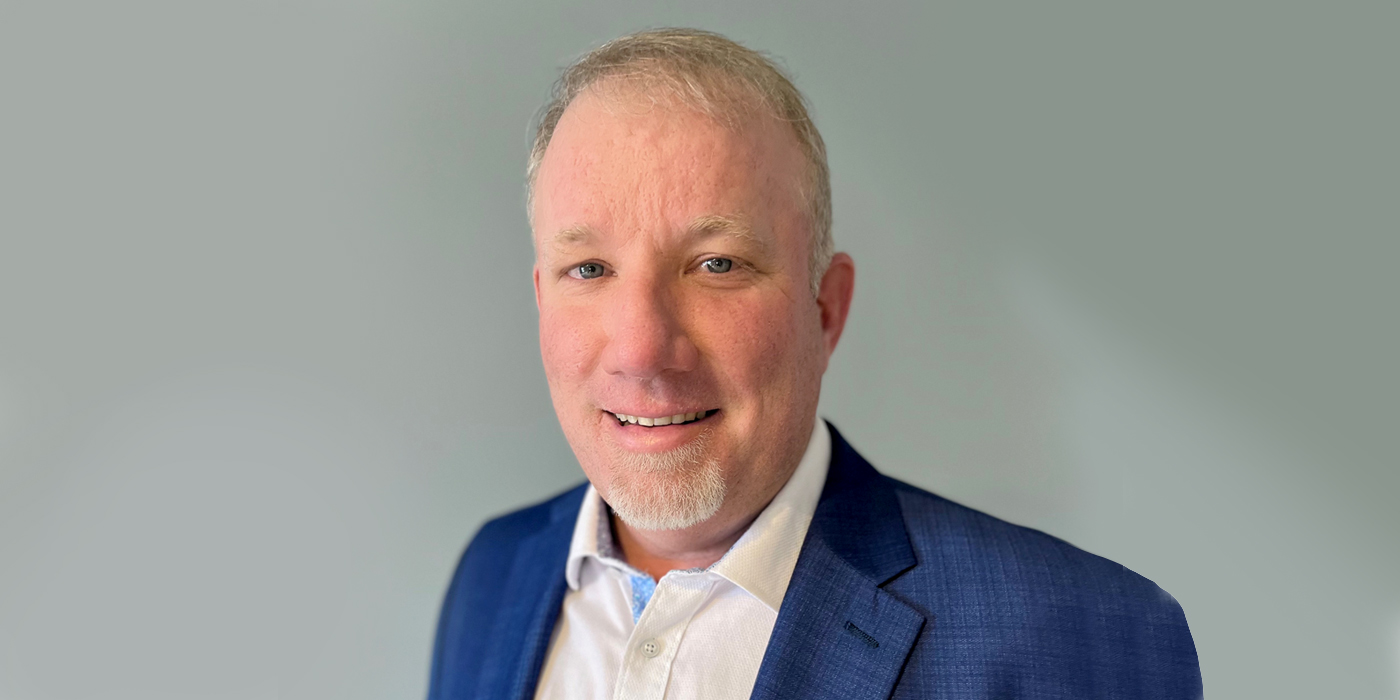Scott Stolberg is president and CEO of A&A Midwest, a comprehensive source for cores, recycling and auto wrecking services. The company also offers engine and transmission hard parts under its EngineQuest and TransmissionQuest divisions. Started by Stolberg’s father and uncle, the company began business in Chicago in 1949. The privately held company continues to operate in Chicago, Las Vegas and Blue Island, Ill. In 2004, Stolberg led the company in the development of its full-service scrap metal division in Las Vegas. Stolberg jointly operates the company with his brother, Billy, president and COO, who heads the company’s Midwest headquarters in Chicago. Stolberg is active in the Las Vegas community. He is a past president of the Rotary Club of Las Vegas (Fremont) and past president of Congregation Ner Tamid. During his term as president of Congregation Ner Tamid, he was instrumental in the sale of the congregation’s existing building and helping raise $20 million toward building a new campus. A&A Midwest is a member of many automotive and recycling associations, including the Specialty Equipment Market Association (SEMA), Production Engine Remanufacturing Association (PERA), Automotive Engine Builders Association (AERA), Automotive Aftermarket Industry Association (AAIA), Automatic Transmission Rebuilders Association (ATRA), Automotive Recyclers Association (ARA) and Institute of Scrap Recycling Industries (ISRI).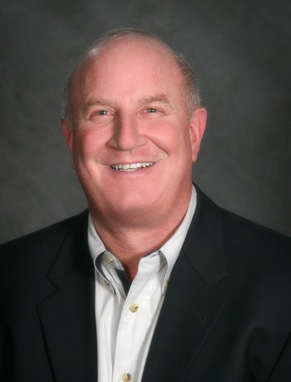
Stolberg graduated from Indiana University in 1982 with a B.S. degree in finance. He joined the family business in 1984 in Chicago, after working in the insurance industry from 1982 to 1984. Stolberg moved to Los Angeles in 1986 to help open the company’s west coast distribution center and then relocated the west coast headquarters to Las Vegas in 1992. He was also involved in the establishment of EngineQuest in 1987, the company’s engine parts division, which manufactures unique problem-solving parts for engine builders and race enthusiasts.
This has been a big year for AAEQ Manufacturers and Recyclers. In May, the company announced the launch of the TransmissionQuest Division, and earlier this month, the company announced a complete rebranding. Please catch us up on all the changes.
Rebranding our company gave us the opportunity to realign our business and to have a cohesive marketing plan that people can understand. With the name AAEQ, a lot of people didn’t know what to call us. Changing to the A&A Midwest name as our corporate name, effective Jan. 1, 2012, takes us back to our historic roots when the company started with my dad and uncle in 1949 in Chicago. The A&A Midwest name allows us to brand together all of our salvage-related businesses.
Our cores, recycling and auto wrecking divisions will utilize the new corporate name and be respectively known as A&A Midwest Cores, A&A Midwest Recycling and A&A Midwest Auto Wrecking. Our two divisions for engine parts and transmission parts will continue as EngineQuest (EQ) and TransmissionQuest (TQ). 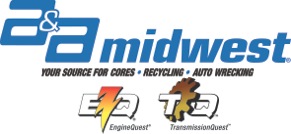
If we add any new businesses in the future, we can either add them to the A&A Midwest brand or we can create a new brand altogether. That’s what we did earlier this year when we launched TransmissionQuest, our transmission parts business.
TransmissionQuest is the newest division of our company focused on supplying a full-line of transmission hard parts. TransmissionQuest operates from our location in Chicago and is under the direction of my brother, William “Billy” Stolberg. TransmissionQuest was something we had wanted to do for years, and it’s what we always did with engines. It was just a matter of having the right opportunity and the right personnel in place to begin it.
What made us different in the engine core business is that we didn’t make customers buy the whole engine in order get the parts they needed. We always sold parts separately. For years we didn’t have the personnel or space in order to do this for transmissions. Finally, the right personnel came along, we found space for the business and this new focus has worked out well for us.
So, you are now called A&A Midwest. This is a major overhaul. Why did you feel the time was right for such an undertaking and what opportunities do you expect as a result of these rebranding efforts?
We wanted to do it now, because we just made it through the worst recession and this new branding focus will aid us as we start looking at long-term opportunities for the company. Going forward, we believe there are unlimited opportunities for our company in a lot of different areas. But we needed a new name so we could explain to people the different things our company does without tripping over names.
One thing I do want to emphasize is that there is no change in our company ownership or corporate structure. We will unveil new marketing materials over the next month as we launch the new branding initiative. Our company continues to be family owned and operated from our locations in Chicago and Las Vegas. We also continue to process end of life vehicles at our auto recycling facility in Blue Island, Ill., just outside of Chicago.
We understand that A&A Midwest also completed a $5 million capital improvement plan at the company’s facilities in Las Vegas, Chicago and Blue Island. What did this entail?
It dealt with facility improvements and equipment additions. It was an effort to make sure we are competitive in today’s world. It was about being able to be in business down the road, because if you don’t invest in your business, your business won’t be there to take care of you. The capital investment we put forth is the fulfillment of a five-year master plan to transform our company into a full-service automotive salvage, scrap recycling and engine and transmission parts business.
Many of the facility improvements involved being a good neighbor to the communities we operate our businesses in with such things as new landscaping and fences. At the same time it allowed us to be a good steward of the environment and more efficient in our operations. For instance, we added substantial storm water protection in Chicago and completely realigned our work flow in Las Vegas to be more efficient.
With the completion of our capital improvements, we believe A&A Midwest is poised for even more growth in the future as we do our part to lead the “green” revolution.
National Recycling Week (Nov. 7-13) also took place recently. Is this an important week for you? How did A&A Midwest participate? Speaking of green, your company has been active in recycling. What are some of the projects that A&A Midwest has been involved in?
Efforts to encourage recycling are very important to us. At A&A Midwest we encourage recycling all year long. We recently put together two recycling guides to help educate consumers. Our “Guide to Recycling Scrap Material” provides guidance on what materials can and cannot be recycled. We tell people that scrap metal can be an eyesore or it can be cash in your pocket. The guide point outs that metal recyclers will typically accept both ferrous and non-ferrous metal, and pay a competitive price for the material.
The other piece we put together is an educational flyer to help protect homeowners and businesses from becoming a metal theft victim called the “Metal Theft Prevention Guide.” We are working on a third guide that helps educate consumers on the benefits of using remanufactured products. We are making all these guides available for a free download on our website.
We’ve been active supporters of “Don’t Trash Nevada,” and served as the drop off site for the Clark County lawn mower recycling program.
We started buying scrap metal in 2004, and we have grown to be one of Las Vegas’ leading full-service scrap recyclers. We buy and process many forms of scrap metal (ferrous and nonferrous) including aluminum, brass, cast iron, copper and stainless steel. We buy scrap from contractors, demolition companies, government and municipal entities, and utilities. With qualified orders, we will pick up these materials at a business location, pay the owner for them and haul them away.
In the future, we may be adding even more streams to our recycling capabilities. As I always like to say, we had green jobs before green jobs were created.
We understand that you’ve been involved in a recycling project at the Sands Expo Center for the AAPEX Show. Tell us about it.
The Sands Expo Center has a problem every year because AAPEX is the one convention where people leave behind heavy stuff that their custodial department is not equipped to pick up, such as 500-pound axles and heavy items like that. So for the past two years, A&A Midwest Recycling has been contracted by the Sands Expo Center to help recycle items, primarily metal, from the AAPEX Show. This year we hauled away more than 50,000 pounds worth of leftover samples for recycling
The Sands is a LEED certified building and recycling is very important to them. As a result of our work, the Sands gets recycling credits and we can assure AAPEX exhibitors that the samples they leave behind are not going anywhere except to be recycled. In addition, the Sands Expo Center receives revenue from A&A Midwest Recycling for the recycled items to help offset some of their cleanup costs.
You are also an exhibitor at AAPEX under A&A Midwest and EngineQuest (EQ) business. How was the show for you this year?
AAPEX is always a great show for us because it gives us the opportunity to see many of our customers who are engine builders. Business for them seems to be improving, which is good for everyone.
Not only do we sell cores to engine builders, but many different new, reclaimed and remanufactured engine parts under EQ, our engine parts division.
EQ sells parts like head bolts, timing covers and harmonic balancers, but one of the things EQ specializes in are new stock and performance cylinder heads. We put together a new EQ brochure for AAPEX that shows off some of the new heads we now carry.
Two of our newest cylinder heads are for 4.0L Jeep and the 2000 to 2003 Ford Focus 2.0 L engine. The Jeep cylinder head is a stock replacement head, while the one for the Focus is a specially designed aluminum head.
We’ve seen an increased level of marketing within the industry for the automotive remanufacturing segment over the past year or two. However, do you feel that the average consumer knows and understands what reman is? What does the industry need to do better when it comes to promoting reman as an alternative in the repair process?
I don’t think the average consumer understands the remanufacturing business. When the technician takes the time to educate his customer they understand it. But really, the technician is the only person in many cases who has that opportunity to explain using remanufactured products and the advantages of it.
It comes down to a cooperative effort of the industry working together to make sure that the repair shops are comfortable selling remanufactured products. It’s important that shops have the materials to show and explain to a customer the benefits of a remanufactured product. So consumer awareness and marketing are essential. The problem is often the cost and how to fund such a program.
What’s your take on the future of reman and recycling in the automotive industry – where are we headed?
With regard to engines, there are five markets in which remanufactured engines will always have a demand: performance, restoration, fleet vehicles, industrial and marine. The average person does not put a remanufactured motor in a car anymore. There are exceptions. There will be recalls and problem motors where a substantial number of remanufactured engines are installed. I think back to the days when Ford had a head gasket problem with its 3.8L engines. They replaced tens of thousands of them with remanufactured engines.
As far as transmissions go, the biggest threat is that nobody knows if the transmission is a problem anymore. There are so many sensors and related items that often the problem is not the transmission.
I think the future of the remanufacturing industry will be fine. It comes down to education and making sure people really understand how to work on these vehicles.
The industry, as a whole, has come to alignment in regard to supply and demand. As long as there is a balance between the two, then there should be enough money for everyone to make a nice living. For years it was hard to make money as an engine rebuilder because there was so much capacity and people sold engines at a very low price. Now that’s not a problem.

